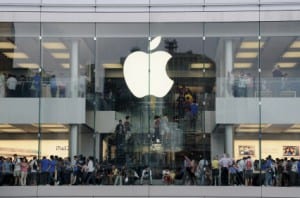In a country that has moved further and further away from a command economy in recent decades, Apple’s tight grip on its own device and software ecosystem has alienated it from a major market opportunity in mobile payments.
As The Financial Times reports, Beijing’s public transit authority this week launched a new mobile payments app called Yikatong that lets users pay for tickets by tapping their smartphones. It works with most Android devices, but not with Apple Pay, since Apple does not allow third party access to its NFC technology.
In a sense, this is the same issue that long blocked Apple Pay’s entry into Australia, with that country’s banks seeking access to the iPhone’s NFC technology so that their own banking apps could compete with Apple’s contactless payment service. More broadly, though, the Australia issue was about competition, with the banks seeking to prevent an outsider from undercutting them.
In Beijing, the issue is control. Apple may have particularly strong reasons to not allow government-affiliated parties gain access to its iPhone technology, given the premium it has sought to place on user privacy and security. But its imperious approach to retaining control over its products and services is, in this case, costing it business, with The Financial Times asserting that Apple Pay has less then one percent marketshare in China.
Sources: The Irish Times, Patently Apple

Follow Us